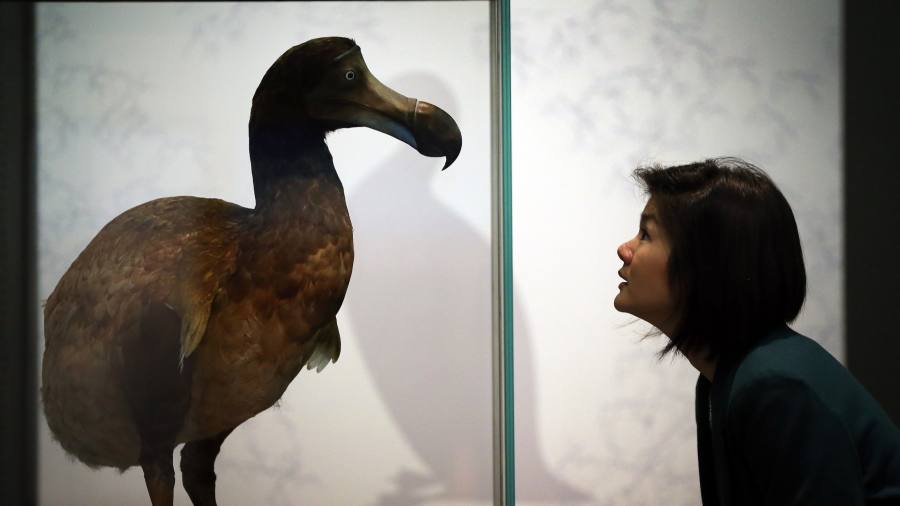Biodiversity is rising up the business risk agenda at the same time as the latest research indicates that the rate of global animal species extinction is worse than previously thought.
Scientists from Queen’s University Belfast concluded in the most recent research that 48 per cent of more than 71,000 species were undergoing decline, and 33 per cent of the species deemed “non-threatened” by the International Union for Conservation of Nature were also declining. Under 3 per cent were increasing.
The researchers combined the conventional red list categories with population trend data. Typically, to benchmark extinction levels studies make use of the IUCN red list conservation categories, which show that 1 per cent of animal species are extinct, and 25 per cent are under threat.
However, since extinctions begin with massive population declines, use of the IUCN categories does not reveal the ongoing progress of population declines throughout nature, the researchers argued.
Daniel Pincheira-Donoso, who co-authored the study, said the IUCN categories provided a snapshot of one point in time. “But it doesn’t tell you anything about the past or about the future. The alternative measure we use gives you a perspective through time,” he said.
The authoritative WWF 2022 Living Planet Report has also reported that global wildlife populations have plummeted by 69 per cent since 1970. Latin America and Africa have seen the most marked drop, with declines of 94 per cent and 66 per cent respectively.
The evidence adds to growing concern over the extent of biodiversity loss, making it a hot topic in sustainability discussions at a corporate level.
Businesses and investors are increasingly looking to understand and limit their contribution to species loss, partly prompted by pressure to disclosure their risks to climate and environmental damage.
While there is not a standard way for companies to measure their biodiversity goals presently, the Taskforce on Nature-related Financial Disclosures is creating guidelines for companies to report on biodiversity.
The task force is expected to release in September a framework for market adoption, which will require companies to report on the ecological risks that could affect their businesses.
More than 200 companies globally have been pilot testing the task force initiative launched in July 2020.
Separately, the Science Based Targets Network, backed by an independent coalition that includes the WWF and the UN, has also recently published tools and guidance for companies to set goals related to nature.
The pilot project of Science-based Targets for Nature involves 17 companies following a process to set, implement and track progress on targets for freshwater, land, biodiversity and ocean, as well as climate.
Some of the companies involved have faced scrutiny over the effect of their activities on water resources and ecology, such as Danone, Nestlé and the cement group Holcim.
“The scientific community has been sending warnings for a while and I feel that everybody’s listening a bit more,” said Queens University’s Pincheira-Donoso. “But we need to have commitments from politicians and companies.”
Read the full article here




